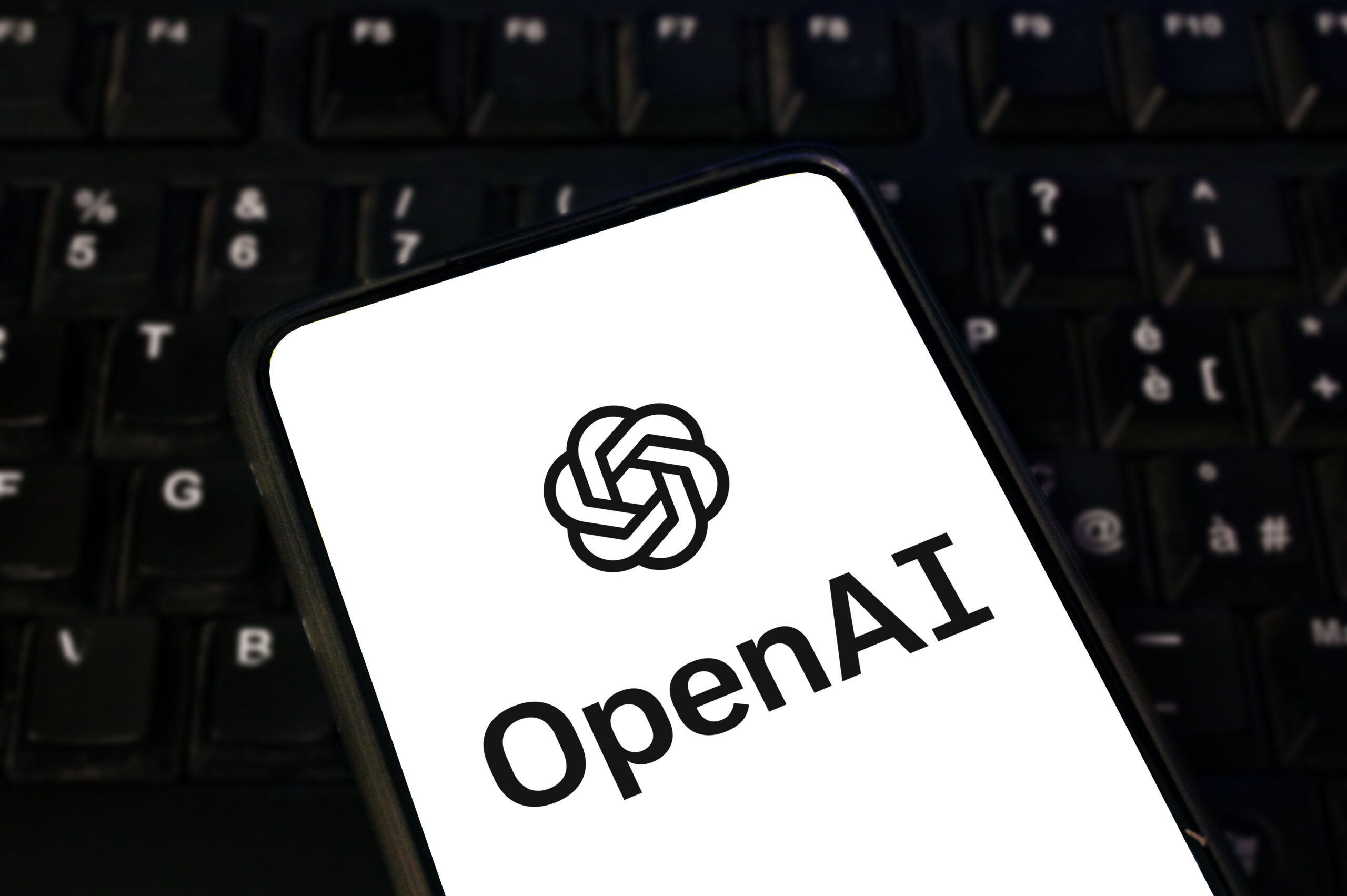OpenAi will wage war on Google on web search engines

OpenAI thinks it can chip away at Google's dominance of web searches with artificial intelligence. But the Mountain View company has already taken action with a new and vast linguistic model. All the details
OpenAI, the artificial intelligence company led by Sam Altman and best known for ChatGPT, is developing a web search application with the intention of competing with Google Search, the very popular engine of the Alphabet group. There is not much information available: this search engine powered by artificial intelligence could be a new feature of the ChatGPT chatbot, or an application in its own right.
OPENAI WANTS TO DOMINATE WEB SEARCH
What is practically certain, as Quartz reports, is that Bing – Microsoft 's search engine, which is OpenAI's largest investor – will exploit this new service: it could be the most serious threat yet to Google Search's dominant position in web searches . Over one hundred million people use ChatGPT every week and the chatbot, with its answers, seems to be already making a dent in the number of Google Search users.
PERPLEXITY ALSO GOES TO ASSAULT GOOGLE
In fact, artificial intelligence offers a new, and perhaps more efficient, way to retrieve information from the Internet. OpenAI, however, is not the only company interested in expanding into the search engine sector: Perplexity, a small artificial intelligence startup dedicated to web search and supported by Jeff Bezos, also wants to compete with Google. The company has fewer than forty employees but its search service is used by ten million people every day: “if such a small team can steal ten million people from Google” notes Quartz , “imagine what OpenAI and Microsoft."
Despite integration with OpenAI's artificial intelligence systems, Microsoft Bing has failed to become, at least so far, a serious competitor to Google. The same Mountain View company, moreover, has begun to invest heavily in artificial intelligence, developing a large linguistic model – called Gemini – which is being included in almost all its products.
EVERYTHING ABOUT GEMINI 1.5 FROM GOOGLE
In this regard, just a couple of months after the launch of Gemini, Google has already announced its successor: Gemini 1.5, this is the name, will be available only to developers and businesses for the moment, but the release to all users should happen soon, writes The Verge .
One of the main differences between Gemini and Gemini 1.5 is that the latter is equipped with a gigantic context window ("context window", literally): this means, simply explained, that it is able to handle elaborate questions and search for a greater number of information at a time. This "window" is equipped with one million tokens – i.e. the individual units into which a sentence can be broken down: words, so to speak -, compared to the 128,000 tokens of GPT-4.
As Sundar Pichai told The Verge , it would be possible to fit Tolkien's entire Lord of the Rings trilogy into the "context window" of Gemini 1.5; the linguistic model can then be asked to identify any continuity errors or to reconstruct the genealogies of the various characters.
A large context window not only allows you to satisfy the curiosity of ordinary users, but is also useful for businesses. For example, a film production company could provide Gemini 1.5 with an entire film and ask for predictions on the response of critics and audiences; or, a company might rely on Gemini 1.5 to process vast amounts of financial data.
This is a machine translation from Italian language of a post published on Start Magazine at the URL https://www.startmag.it/innovazione/openai-google-motori-ricerca-intelligenza-artificiale/ on Fri, 16 Feb 2024 09:13:31 +0000.
